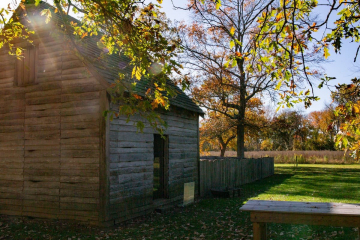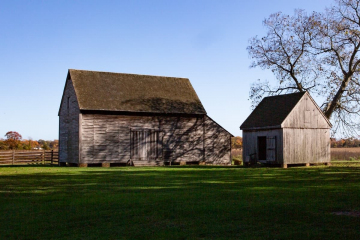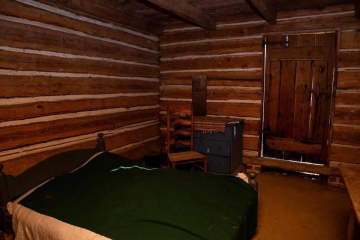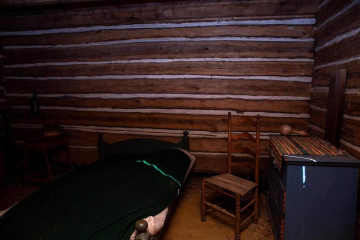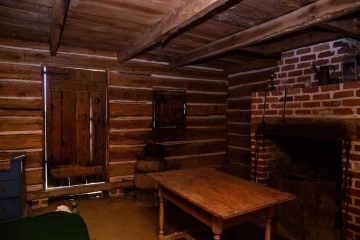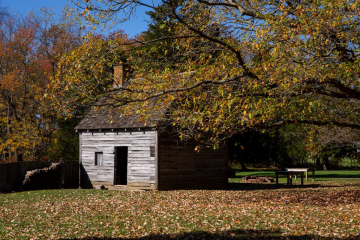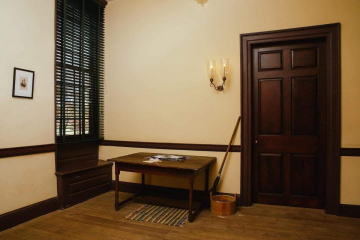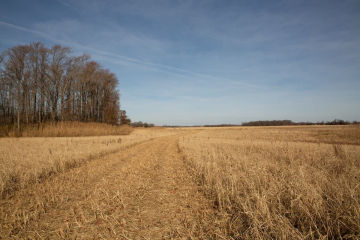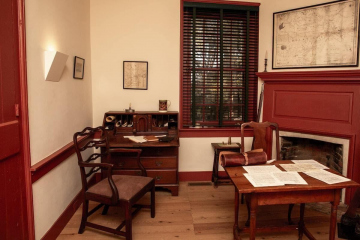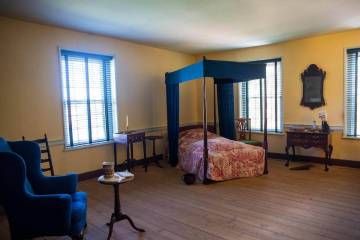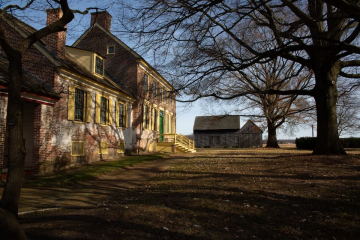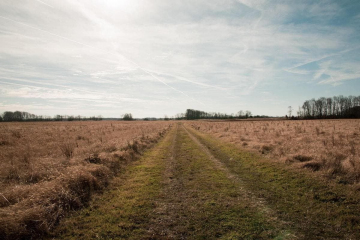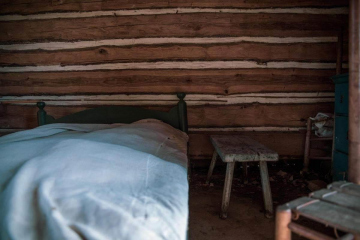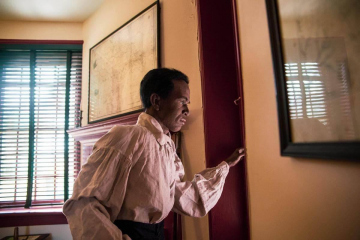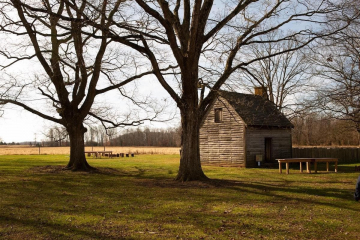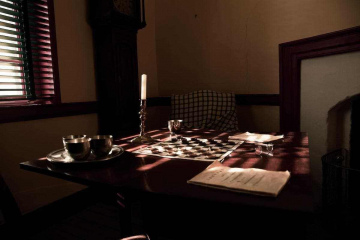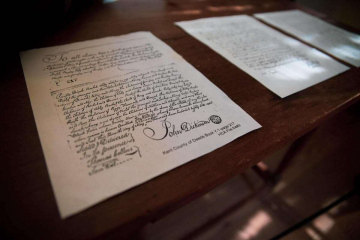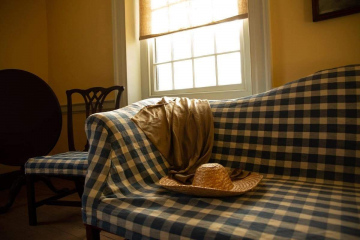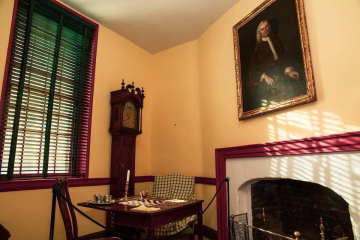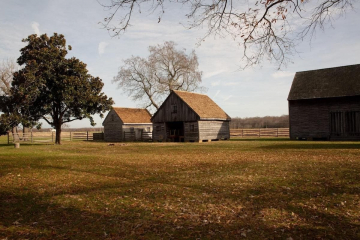All Tools & Resources
The tools and resources listed on this page have been collected to help define terms, share resources, and further knowledge on the lives of enslaved, indentured, free and freedom seeking Black people connected to land over which the Dickinson family claimed ownership.
View Google Sheet with Cited Sources ➞
Learn More About the Plantation
Delaware Forum: African Burial Ground at the John Dickinson Plantation
A Mere Mock Freedom: Free and Enslaved Black Life in Delaware 1790-1840
External Websites
Please note that the inclusion of any link does not confer or imply an endorsement by the Division of Historical & Cultural Affairs or The State of Delaware.
Explore Historical Resources:
Delaware Public Archives https://archives.delaware.gov/
The Delaware Public Archives is a repository that “contains thousands of documents and other materials that can help with researching one’s genealogical roots. Among these records are census materials, vital statistics including birth, death, and marriage records; tax assessments, probate/estate records, land deeds, and military records. The Delaware Public Archives also preserves a large amount of genealogically related materials that were of private origin. These records include family histories, bible records, church records, manuscript genealogies, and newspapers.”
The Digital Library on American Slavery https://dlas.uncg.edu/
The DLAS website states, “The goal of the Digital Library on American Slavery is to bring together and make freely accessible public records related to enslavement, with an emphasis upon the names and stories of the enslaved.”
Enslaved People of the Historical Slave Trade https://enslaved.org/
As the website states, “Explore or reconstruct the lives of individuals who were enslaved, owned slaves, or participated in the historical trade.”
Montpelier Descendants Community https://montpelierdescendants.org/
“The Montpelier Descendants Committee (MDC) is the first independent, descendant-led organization to establish itself as an equal co-steward of a major historic site in America,” as stated on the MDC website.
The Engaging Descendant Communities Rubric https://montpelierdescendants.org/rubric/
The website shares the creation of Engaging Descendant Communities Rubric and the document itself, which “contains concrete steps to ensure quality research, make connections and maintain relationships with descendants, and create inclusive, and accurate, authentic, and empathetic exhibitions, practices, and programs.”


